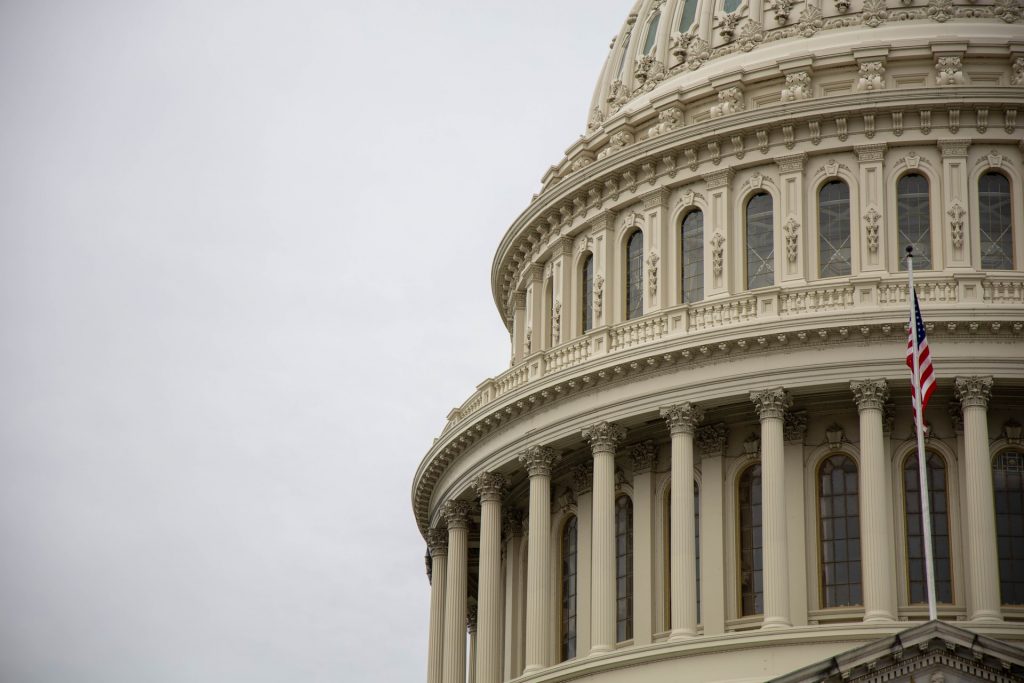Nothing is permanent, so everything is precious. Here’s a selection of some happenings—fleeting or otherwise—in the Buddhist world this week.
American Bar Foundation Sponsors Workshops on Buddhism and Constitutional Law
The American Bar Foundation and the University of Chicago are sponsoring a series of weekly conferences on comparative constitutional studies and Buddhist legal thought, according to Buddhistdoor Global. On Thursday scholars from around the world met to discuss research on historical and contemporary intersections of Buddhist traditions and national legal codes.
While the intersection of secular law and religions such as Hinduism, Islam, and Christianity has been heavily researched in recent decades, Buddhism has mostly been left out of the conversation, researchers said. Organized by Dr. Tom Ginsburg, Professor of International Law at the University of Chicago, and Dr. Ben Schonthal, professor of Buddhism and Asian religions at New Zealand’s University of Otago, the workshops are funded in part by a grant from the National Science Foundation. More information about registration can be found at constitutionalbuddhism.org.
Archaeologists in India Discover Earliest Known Female-Led Monastery
Archaeologists in the eastern Indian state of Bihar discovered the remains of an 11th- or 12th-century Mahayana Buddhist monastery that was headed by a woman, the Hindustan Times reported. “Monasteries have been discovered at many locations in this area, but this is the first setup located at the top of a hill,” lead researcher Anil Kumar, an archaeologist at Visva Bharati University said. “Seems the Mahayana Buddhists set up the monastery far from the hustle and bustle of the human population to practice Mahayana rituals in isolation.” Unlike in other historical Buddhist monasteries that have been excavated, all the cells had doors, suggesting that the monastics were either all women or a mix of women and men, according to the Times of India. Two burnt clay seals with Sanskrit writing and 8th- or 9th-century script indicate that the monastery’s name was “the council of monks of Srimaddhama vihara.”
UN Assigns Korean Festival of Light “Intangible Cultural Heritage of Humanity” Status
The United Nations Educational, Scientific and Cultural Organization (UNESCO) has added the Korean festival of light, Yeondeunghoe, to their “Representative List of the Intangible Cultural Heritage of Humanity,” Buddhistdoor Global reported. Popularly known as the Lotus Lantern Festival, the event celebrates the birth of the Buddha, and festivities focus on sharing the light of wisdom, compassion, and peace with the world. The annual festival, however, was canceled last year for only the third time in modern Korean history to prevent the spread of COVID-19. By adding the event to the Intangible Cultural Heritage list, UNESCO aims to protect the tradition.
Japanese Temples Increase Investments in Government Bonds
The popularity of ESG (Environmental, Social and Governance) investing is increasing in Japan, even among Buddhist temples, reported the Japan Times. In the past decade, membership in religious groups in Japan has dropped about 12 percent, which has led organizations to struggle financially. COVID-19 travel restrictions have also decreased temple donations. In 2020, Japan ESG bond sales increased 68 percent, reaching a total of 2.2 trillion yen (21 billion US dollars). Temple leaders view ESG bonds as a more efficient source of income than relying on returns from savings, and they are happy to contribute to society in the process.
INEB Launches Female Sangha Initiative in Southeast Asia
The International Network of Engaged Buddhists (INEB) last month launched a call for grant applications from sanghas and Buddhist groups in Southeast Asia as part of a new project, the Female Sangha Initiative For Social Transformation in Southeast Asia. INEB, in cooperation with the Buddhist humanitarian relief organization Join Together Society Korea (JTS Korea), states that projects sponsored by the initiative would aim to “create space for Buddhist women to participate more freely and actively in social activities that contribute to an environment and society within which equality for women is valued and actualized.” INEB also aims to “improve education for Buddhist women, both monastic and lay.”
Thank you for subscribing to Tricycle! As a nonprofit, we depend on readers like you to keep Buddhist teachings and practices widely available.
